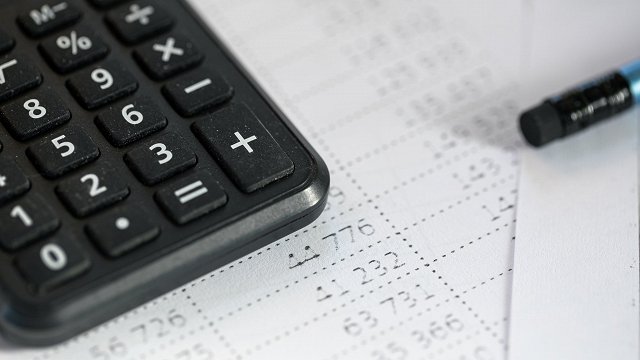This means a little more money for the working population after tax, but less revenue for municipalities. Next year's budget law is scheduled to be approved by the government in mid-October.
Raising of the differentiated non-taxable minimum is supported by both the Prime Minister Krišjānis Kariņš and Finance Minister Jānis Reirs (New Unity).
Kariņš noted: “Our goal is to build a socially fair and competitive tax system. When we set up this year's budget last year, we decided to cut social contributions by one percentage point, so it would be logical to balance this by increasing the untaxed minimum."
Reirs said that the draft budget currently provides for the raising of the non-taxable minimum from EUR 300 to EUR 400. This means that small and medium-wage beneficiaries would have up to €20 more in their pockets next year. The idea is supported by representatives of other coalition parties, New Conservative Party and Development/For!
National Alliance expressed caution. Raivis Dzintars, leader of the party, saidthat he supports the reduction of labour taxes, but it was open to question whether the untaxed minimum is the right way to do so.
“We are also seeing some downsides to this approach, because some of the employees who already use this non-taxable minimum for dependants may not get these benefits,” said Dzintars.
The Ministry of Finance estimated that raising the untaxed minimum to €400 would cost €77.2 million, of which 11.6 million would come from the State budget and 65.6 million from the municipal budget.
The government is scheduled to approve the budget law by the middle of October. Members of the Saeima will then vote on the budget.






























